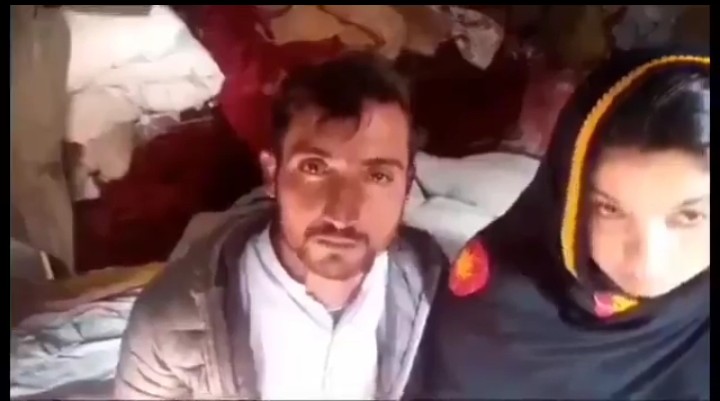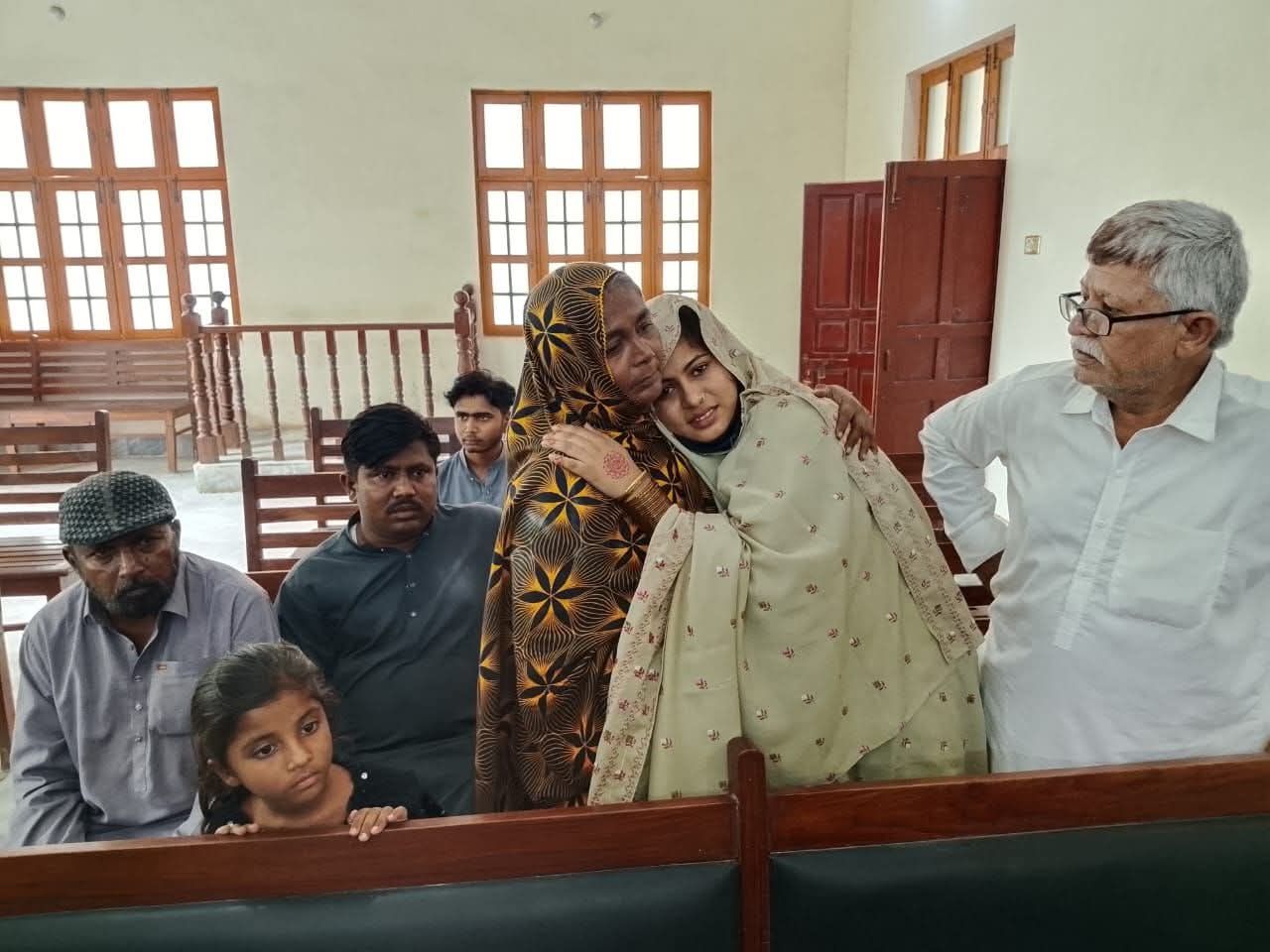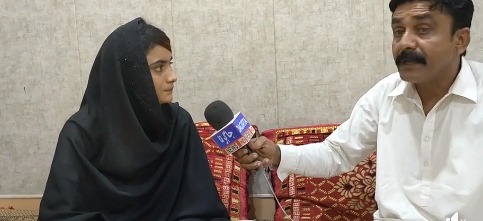A few days ago, a disturbing incident unfolded in Sindh. where a young Hindu girl named Pooja Thakur was kidnapped, forcibly converted to Islam, and married off to her abductor, Nadeem Ali Mashuri. This tragic event has once again shed light on the alarming rise of forced conversions and abductions of minority girls in Pakistan, particularly in Sindh, where such incidents have become disturbingly common.
According to reports, Pooja was abducted from her home and taken to a madrasa in Nawabshah, Sindh, where she was reportedly coerced into converting to Islam. Media outlets in Pakistan have claimed that the girl “happily” embraced Islam and married her abductor, though it is widely understood that these conversions are often driven by threats, intimidation, and manipulation rather than genuine belief. Forced conversions are not a new phenomenon in the region, but the scale and frequency of such incidents continue to rise, sparking outrage among human rights advocates and the Hindu community in Pakistan.
In Sindh, a province with a significant Hindu minority, such incidents have become disturbingly common. Reports suggest that Hindu girls are being abducted, forcibly converted, and married off to Muslim men almost on a daily basis. Despite these ongoing atrocities, the government of Pakistan continues to assert that minorities are safe and enjoy religious freedom. These claims stand in stark contrast to the lived reality of minorities, who are increasingly subjected to religious persecution, abductions, and forced conversions.
The silence of political leaders and the lack of meaningful action to protect minority girls in Pakistan is deeply troubling. While the Pakistani government and local authorities continue to downplay the issue, international human rights organizations and social courts have been slow to take decisive action. Despite widespread condemnation from global communities, the plight of Hindu girls in Sindh remains largely ignored, and no substantial measures have been implemented to curb the abductions or provide justice for the victims.
This ongoing crisis has left girls from minority communities, especially Hindus, living in constant fear. The insecurity they face, not only from abductions but also from a lack of legal recourse, has created a climate of vulnerability. Many families in Sindh fear for the safety of their daughters, knowing that the authorities often fail to intervene or protect them from such heinous acts.
The case of Pooja Thakur is not an isolated one. It is part of a broader pattern of discrimination and violence against minorities in Pakistan. Human rights organizations have repeatedly called for urgent reforms to prevent forced conversions and abductions, but meaningful change remains elusive. The situation is particularly dire in rural areas of Sindh, where the influence of local religious and political power structures often prevents any form of justice from being served.
As the plight of Hindu girls and other minority communities in Pakistan continues to worsen, it is crucial that the international community steps up its pressure on the Pakistani government to take immediate action. The safety and rights of minority women and girls in Pakistan must be prioritized, and those responsible for these heinous acts must be held accountable.
The time for action is now. #SaveHinduDaughtersOfSindh and #SaveMinorityOfPakistan are not just hashtags—they are cries for justice and human dignity. The world cannot remain silent in the face of such human rights violations. The need for change is urgent, and it is imperative that the voices of those affected are heard and acted upon.
Until then, the daughters of Sindh and other minority communities in Pakistan will continue to live in fear, while their abusers go unpunished.
For more updates and detailed coverage of this case and other issues affecting the Hindu and Sindhi communities in Sindh, Pakistan, stay tuned to Sindh Renaissance.






